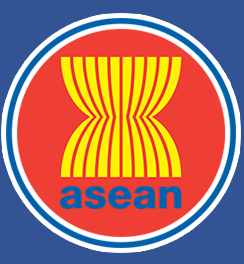ASEAN Journal on Science and Technology for Development
Abstract
As a byproduct of the physical refinement of crude palm oil, palm fatty acid distillate or PFAD has a potential to be transformed into monoglycerides by means of irreversible esterification with glycerol over a cation exchange resin catalyst. Irreversibility of the esterification can be assured by continuous azeotropic removal of water by adding xylene as an entrainer. Because PFAD-glycerol esterification demands high temperatures for fast conversion and high selectivity of monoglycerides, it is necessary to test catalyst reusability performance. In this research, evaluation of catalyst reusability performance was based on five parameters: free fatty acid conversion, the rate of free fatty acid decomposition, the selectivity of monoglycerides, monoglyceride concentration, and the cation exchange capacity of the catalyst. The cation exchange resin used was Tulsion T-42 SM. The evaluation was conducted using the simple multi-attribute rating technique extended to ranking (SMARTER) method. The results showed that the optimum reaction temperature was 180°C. Ultimately, a kinetic study at 180°C was also performed to model the reaction after using similar catalysts for certain times. This kinetic study revealed that the reaction mechanism changed from Langmuir-Hinshelwood to Eley-Rideal after several cycles of catalyst reuse.
Publication Date
9-13-2020
Recommended Citation
Hanifrahmawan, Sudibyo; Febbie, Setyaningrum; Rochmadi; and Mohammad, Fahrurrozi
(2020)
"A Catalyst Reusability Study in Palm Fatty Acid Distillate and Glycerol Esterification using Multi-Criteria Decision Analysis and Reaction Kinetics Approach,"
ASEAN Journal on Science and Technology for Development: Vol. 37:
No.
2, Article 3.
DOI: https://doi.org/10.29037/ajstd.612
Available at:
https://ajstd.ubd.edu.bn/journal/vol37/iss2/3

